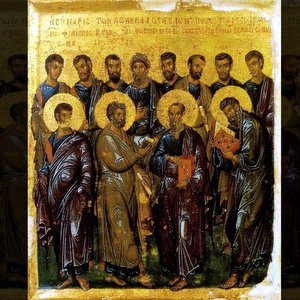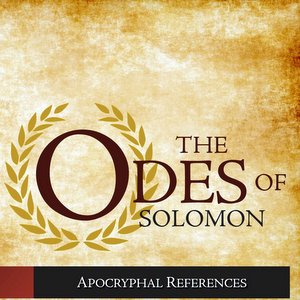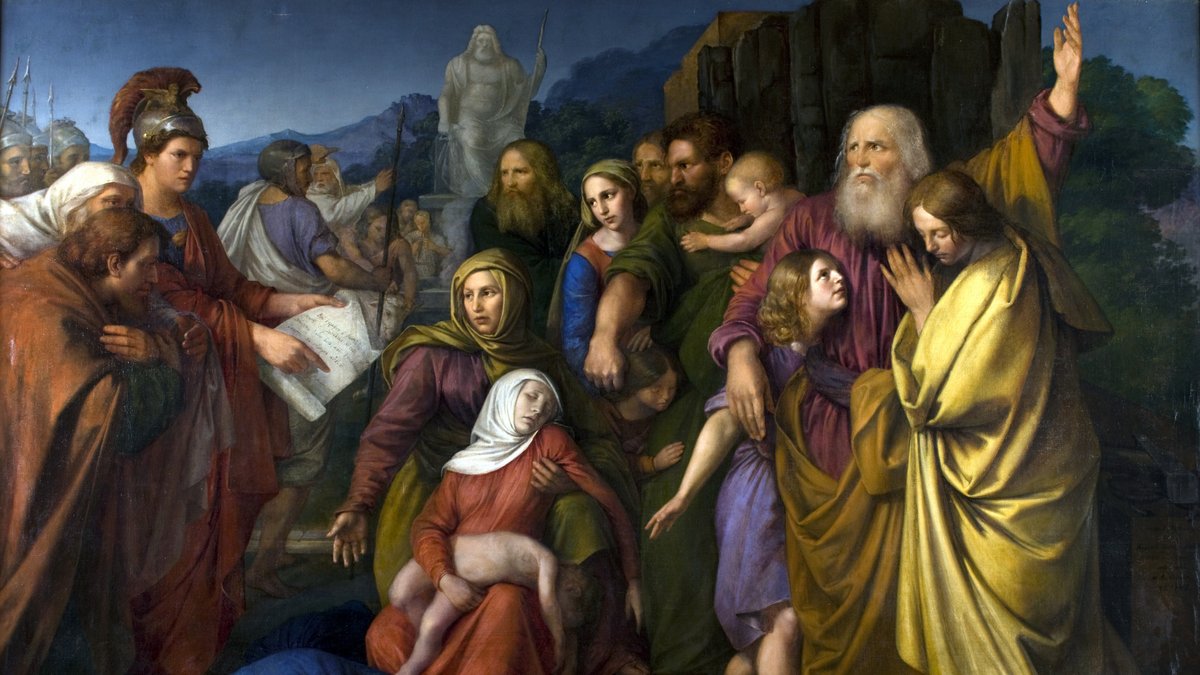Apocrypha

The English word "Apocrypha" comes from the Greek ἀπόκρυφα, which means "those having been hidden away". The term applies to books that the early Church considered as useful but not divinely inspired.
"Non-canonical" books are texts of uncertain authenticity. The early Church rejected these ancient texts as Scripture because of their content or uncertain origins. Given that different denominations have different ideas about what constitutes authoritative, canonical Scripture, there are several different versions of the Apocrypha.
While these writings are not Scripture, the historical and cultural information they contain is often very insightful and worthy of our attention.

The Didache (Greek for "teaching") is a document that circulated among the early believers in the first and second century. It is attributed to the twelve apostles as a collective work of teachings of the Master, Messiah Yeshua. It outlines a standard of living out a life of faith for those early believers much in the same way that a manual might identify the expected behavior of members of a church today.
- Details
- One Messianic Gentile

The Didache (Greek for "teaching") is a document that circulated among the early believers in the first and second centuries. It is attributed to the twelve apostles as a collective work of teachings of the Master, Messiah Yeshua. It outlines a standard of living out a life of faith for those early believers much in the same way that a manual might identify the expected behavior of members of a church today.
The Columbia Encyclopedia offers this...
- Details
- One Messianic Gentile

The Odes of Solomon are attributed to an author in the first three centuries and are almost certainly not the writing of King Solomon. There are some highly questionable and potentially offensive passages in this text.
It is provided for the purposes of information and study only.
- One Messianic Gentile
- Details
- One Messianic Gentile
1 Maccabees

1 Maccabees is a deuterocanonical book of the Bible written by a Jewish author, probably about 100 BCE, after the restoration of an independent Jewish kingdom. Catholics and the Eastern Orthodox include it in their canons. Protestants and Jews regard it as a generally reliable historical account but do not consider it to be Scripture.
Some Protestants consequently regard 1 Maccabees as part of the Apocrypha, helpful in reading though not canonical.
1 Maccabees offers insights into prophecies in the book of Daniel and sheds light on the history of Channukah.
Book of Jasher

The Book of Jasher is mentioned twice in Scripture (Joshua 10:13 and 2 Samuel 1:18) and was considered by both Joshua and Samuel to be a reliable source of information. This section contains what is commonly believed to be that very same Book of Jasher.
Do we know this is the same book with certainty? No, not with the information currently available to us.
Please note that, while the Book of Jasher is mentioned in Scripture, the book itself is not Scripture. It is, however, a valuable work of historical and apocryphal literature.